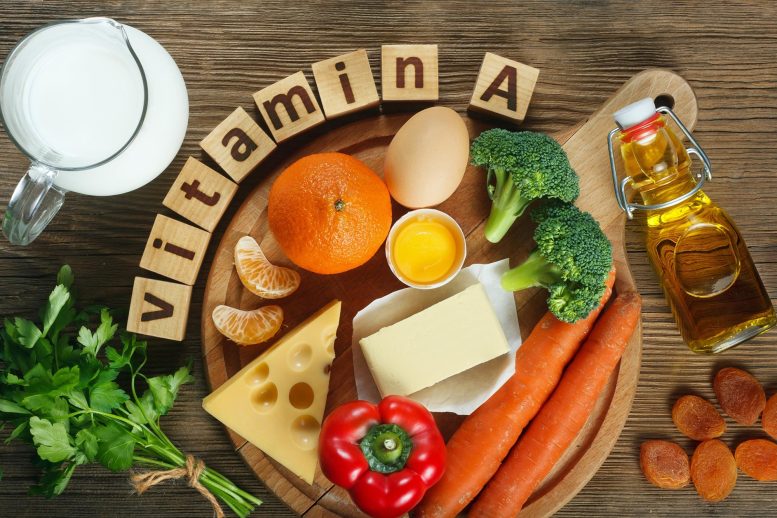
Vitamin A is an important nutrient for your eyesight, skin, and overall health.
Vitamin A is a nutrient that helps keep your eyes and skin healthy. It also helps your body fight infections. You can get vitamin A from food or from supplements, but no matter how you get it, it’s a vital component of good health. Here are some of the benefits of vitamin A, along with where to get it.
Vitamin A Is Important for Your Eyesight
Vitamin A is important for your eyes because it helps to produce tears, which keep your eyes lubricated and healthy. It also helps to protect your eyes from infections, since tears are an important defense system for the eyes.
Vitamin A helps to form a yellow pigment called rhodopsin, which is necessary for low-light vision. Vitamin A also helps to prevent age-related decline by maintaining a healthy surface of the eye (cornea), and by helping to produce tears that keep the surface of the eye moist.
Vitamin A Is Also Important for Your Skin
Vitamin A is important for the skin because it helps to produce sebum, which is the natural oil that keeps the skin moisturized. It also helps to repair the skin tissue and keep it healthy.
Without vitamin A, your skin would have a harder time healing from cuts and wounds. It also helps protect your skin from the sun’s harmful UV rays.
Vitamin A Reduces Acne
Vitamin A is an antioxidant that can help to protect the skin from damage caused by free radicals. Free radicals are molecules that can damage cells and lead to inflammation. Vitamin A can help to reduce the inflammation associated with acne.
Where to Get Vitamin A
You can get vitamin A from many different foods. Some good sources of vitamin A are eggs, milk, liver, carrots, sweet potatoes, and dark leafy greens. You can also get vitamin A from supplements.
There are many reasons why people might not get enough vitamin A. Poor diets can be a cause, as can certain medical conditions. Vitamin A deficiency can also be caused by problems with absorption in the gut or by liver diseases.
How to Put More Vitamin A into Your Diet
As mentioned above, green and orange vegetables are great sources of vitamin A, as are milk and eggs. Try making a green smoothie, or mixing some sweet potatoes into your next omelet. Your body will thank you.
Are Vitamin A Supplements a Good Idea?
There is no simple answer to this question. It depends on a variety of factors, including a person’s age, health status, and diet. Some people may benefit from taking vitamin A supplements, while others may not need them. Too much vitamin A can be toxic. Symptoms of vitamin A toxicity include nausea, vomiting, headache, dizziness, and blurred vision.
Conclusion
It is important to get enough vitamin A, whether from food or supplements. Vitamin A is important for your eyesight, skin, and overall health. Try adding some of the foods mentioned above to your diet, and when in doubt, consult a nutritionist for personalized advice.









Be the first to comment on "Vitamin A: A Powerhouse Nutrient to Increase in Your Diet"